What are steel coils used for?
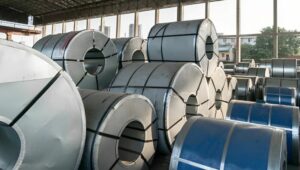
Steel has been at the core of industrial development for centuries, and steel coils play a pivotal role in modern manufacturing across diverse sectors. Whether it’s constructing skyscrapers or producing intricate automotive parts, steel coils have become indispensable in today’s economy. Let’s explore the versatility of steel coils, their various applications, and their impact on industries globally.
What Are Steel Coils?
Steel coils are large, continuous sheets of steel that are rolled into a coil for easier transportation and handling. These coils can be made from different types of steel, including carbon steel, stainless steel, and galvanized steel, and are manufactured through either hot-rolling or cold-rolling processes.
- Hot-rolled steel coils are processed at high temperatures, making them more malleable and suitable for heavy-duty applications.
- Cold-rolled steel coils are produced at lower temperatures, resulting in a smoother finish and higher precision, often used in more refined applications.
- Galvanized steel coils are coated with zinc to enhance corrosion resistance, ideal for environments exposed to moisture and harsh weather conditions.
Key Applications of Steel Coils
1. Construction Industry
The construction sector heavily relies on steel coils to meet the demands for durable and strong materials. Steel coils are used in the production of building materials such as beams, roofing, and structural frames. Cold-rolled steel coils, in particular, are favored for their clean finish and uniform dimensions, making them ideal for residential and commercial construction projects.
Steel is also the material of choice for infrastructure projects like bridges and tunnels, where high tensile strength is critical to ensuring structural integrity.
2. Automotive Manufacturing
In the automotive industry, steel coils are transformed into key components, including car bodies, doors, chassis, and other structural parts. The versatility of steel allows manufacturers to use different grades and thicknesses depending on the specific requirements of each part.
With the increasing demand for lightweight and fuel-efficient vehicles, advanced high-strength steel (AHSS) coils are gaining popularity due to their ability to reduce vehicle weight without compromising safety or durability.
3. Machinery and Industrial Equipment
Heavy-duty industrial equipment and machinery are often constructed using hot-rolled steel coils. These coils can withstand high pressure and mechanical stress, making them ideal for use in agriculture, mining, and manufacturing industries. From tractors to conveyor belts, steel coils provide the robust framework needed for large-scale production.
4. Energy and Power Generation
Steel coils play a crucial role in the energy sector, particularly in the production of transformers, generators, and electric motors. Electrical steel coils are engineered for electromagnetic efficiency, helping to improve the performance of power transformers and other electrical appliances.
Additionally, the oil and gas industry uses steel coils to produce pipes and tubing essential for transporting liquids and gases across long distances, even under extreme conditions.
5. Packaging Solutions
Steel coils are also used to manufacture packaging materials like food and beverage cans, steel drums, and barrels. The superior strength and corrosion resistance of galvanized steel coils ensure that packaging remains durable and safe, especially for food storage or chemical transport.
6. Shipbuilding and Railways
The shipbuilding and railway industries require materials that can withstand harsh environmental conditions such as saltwater and varying temperatures. Steel coils provide the necessary durability and flexibility to build ships, railway cars, and containers that meet safety standards and resist corrosion.
The Environmental Impact of Steel Coils
One of the major challenges the steel industry faces today is reducing its environmental impact. Steel production is energy-intensive and contributes to significant carbon emissions. However, steel is highly recyclable, and efforts to adopt greener practices, such as using electric arc furnaces and improving energy efficiency in manufacturing processes, are underway.
The rise of “green steel” initiatives aims to make the production of steel coils more sustainable, with industry leaders focusing on reducing energy consumption and exploring alternatives like hydrogen-based steel production. By investing in these initiatives, the steel industry can contribute to a more sustainable future while maintaining the essential role steel coils play across industries.
Types of Steel Coils: A Closer Look
Steel coils come in various forms, each tailored to meet specific industrial requirements. Understanding the different types can help manufacturers choose the best option for their needs.
1. Carbon Steel Coils
Carbon steel coils are known for their hardness, strength, and durability. They contain varying amounts of carbon, which affects their mechanical properties. Higher carbon content results in a stronger but less ductile material, while low-carbon steel is more malleable but slightly weaker. Carbon steel coils are widely used in construction, automotive parts, and machinery.
2. Stainless Steel Coils
Stainless steel coils are known for their corrosion resistance, primarily due to the chromium content. They are ideal for applications that require long-lasting materials, such as in food processing, medical devices, and environments exposed to moisture or chemicals. Stainless steel coils are often used for kitchen appliances, chemical containers, and architectural structures.
3. Galvanized Steel Coils
Galvanized steel coils are coated with zinc to protect the underlying steel from rust and corrosion. This makes them perfect for outdoor applications or areas prone to humidity, such as roofing, fencing, and HVAC systems. The zinc coating offers a protective barrier that extends the lifespan of the steel.
4. Pre-painted Steel Coils
Pre-painted steel coils are coated with a layer of paint or other finishes during the manufacturing process, providing additional protection and aesthetic appeal. These coils are used in industries where visual appeal is important, such as in building facades, home appliances, and decorative materials. The color options and finishes available make them popular for design-focused projects.
The Steel Coil Manufacturing Process
Smelting: Raw iron ore is melted in a blast furnace, and impurities like sulfur and phosphorus are removed. This creates molten steel.
Casting: The molten steel is then cast into slabs or billets, which serve as the raw material for the production of steel coils.
Rolling: The slabs are passed through rollers to form long sheets of steel. If the steel is rolled at a high temperature (above 1,700°F or 927°C), it results in hot-rolled steel. For applications requiring a smoother surface and more precise dimensions, the steel undergoes cold-rolling.
Coiling: The continuous steel sheet is rolled into coils, making it easier to transport and handle. At this point, the steel can undergo further processing, such as coating (galvanizing or painting) or annealing to improve its properties.
Inspection and Testing: The finished coils are inspected for quality, ensuring they meet the specifications for thickness, surface finish, and mechanical properties.
Choosing the Right Steel Coil for Your Project
When selecting steel coils for specific applications, several factors must be considered to ensure optimal performance and cost-efficiency:
- Material Composition: Different grades of steel are designed for different applications. For example, high-carbon steel is suited for wear-resistant parts, while stainless steel is better for corrosion resistance.
- Surface Treatment: Depending on the environment in which the steel will be used, protective coatings such as galvanizing or painting might be necessary to prevent corrosion and rust.
- Thickness and Dimensions: Steel coils come in various thicknesses. Choosing the right thickness ensures that the steel meets the strength and weight requirements of the project without unnecessary costs.
- Mechanical Properties: Tensile strength, ductility, and hardness are all critical factors that determine the performance of the steel coil in its intended application.
Global Steel Coil Market Trends
The steel coil market is heavily influenced by global economic trends, including demand for construction materials, automotive production, and technological innovations. In recent years, several key trends have shaped the steel coil industry:
1. Increased Demand for Lightweight and High-Strength Steel
Automotive manufacturers are continuously looking for ways to reduce vehicle weight to improve fuel efficiency and meet regulatory requirements. This has driven demand for advanced high-strength steel (AHSS) coils, which offer superior strength while maintaining a lighter weight.
2. Sustainability and Green Steel Initiatives
Environmental regulations and consumer expectations for sustainable products have led the steel industry to invest in green technologies. Initiatives like hydrogen-based steel production and electric arc furnaces are gaining traction, reducing the carbon footprint of steel production. As a result, steel coils produced through eco-friendly processes are becoming more popular in industries focused on sustainability.
3. Emergence of Smart Manufacturing
The integration of Industry 4.0 technologies—such as IoT, automation, and artificial intelligence—into steel manufacturing is improving productivity and quality. Automated inspection systems, for instance, can detect flaws in steel coils with high precision, leading to higher-quality products and less waste.
4. Regional Market Shifts
China remains the largest producer of steel globally, with significant exports of steel coils. However, trade policies, tariffs, and the rise of domestic production in other regions, such as India and Southeast Asia, are reshaping the global steel coil market.
Conclusion: The Future of Steel Coils
Steel coils are an essential component in the industrial world, driving advancements across construction, automotive, machinery, and energy sectors. With ongoing innovations in steel production, including the rise of environmentally friendly practices, the future of steel coils looks promising. As industries evolve, the demand for specialized and high-performance steel coils will only continue to grow.
Understanding the various types of steel coils, their manufacturing process, and how to choose the right product for a specific application can provide businesses with a competitive edge, ensuring efficiency, durability, and sustainability in their projects.
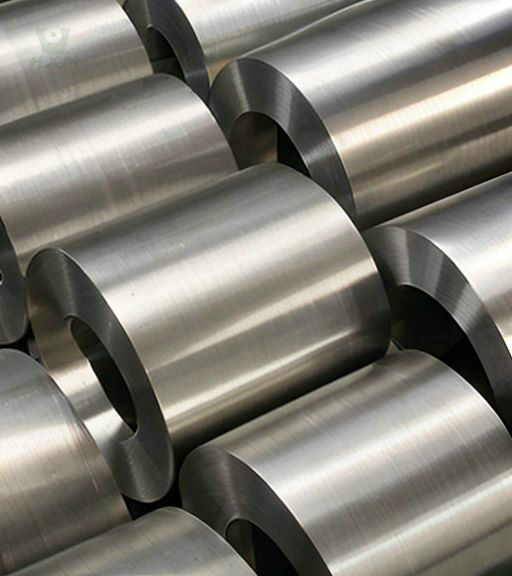
Duplex Steel 2205 Coils: Understanding the Applications and Uses
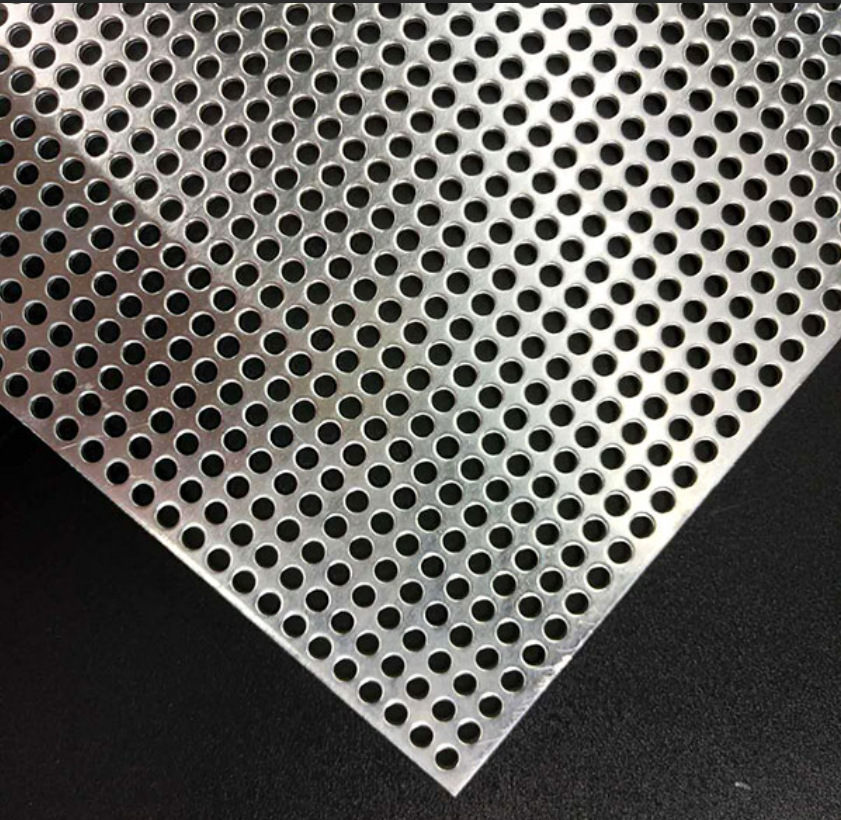
Top 10 Applications of Perforated Metal in Architectural Projects
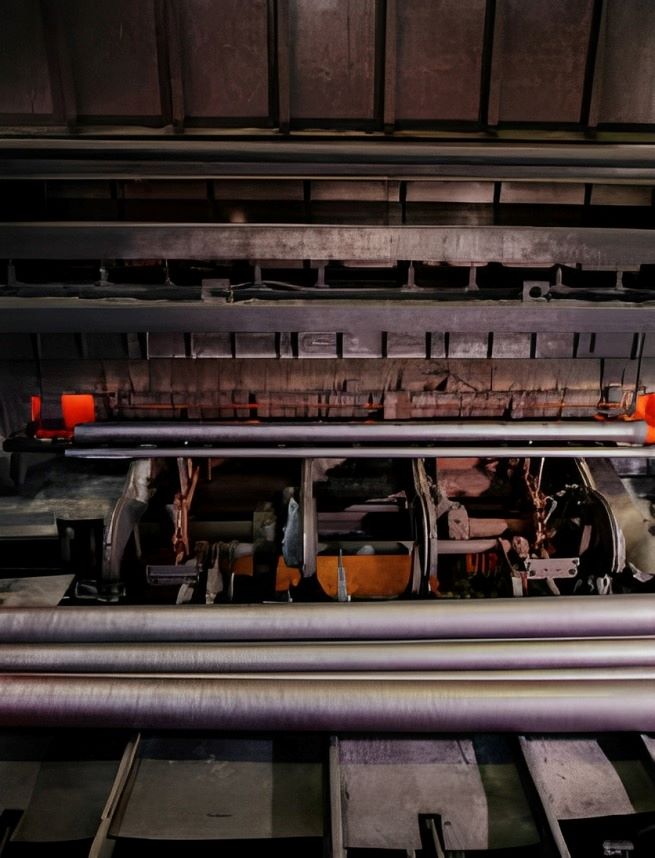
Guide to Stainless Steel Pipe Rolling: Process, Benefits, and Applications
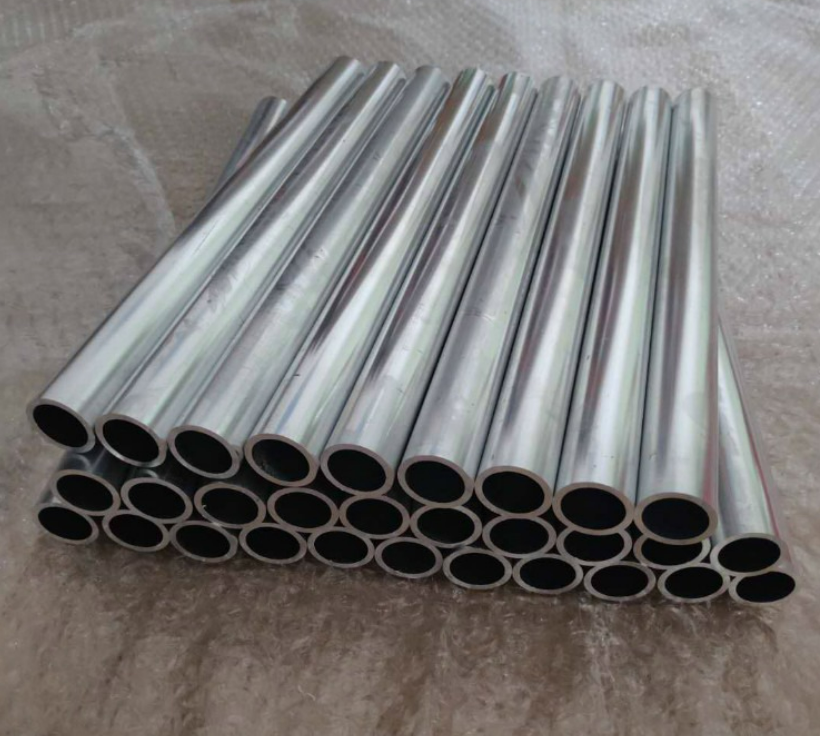
How Are Stainless Steel Welded Tubes Made?
Huaxiao Stainless Steel is Here to Help
Contact us today to learn more about our Stainless Steel Products selection. You can also request a quote to start your order.



